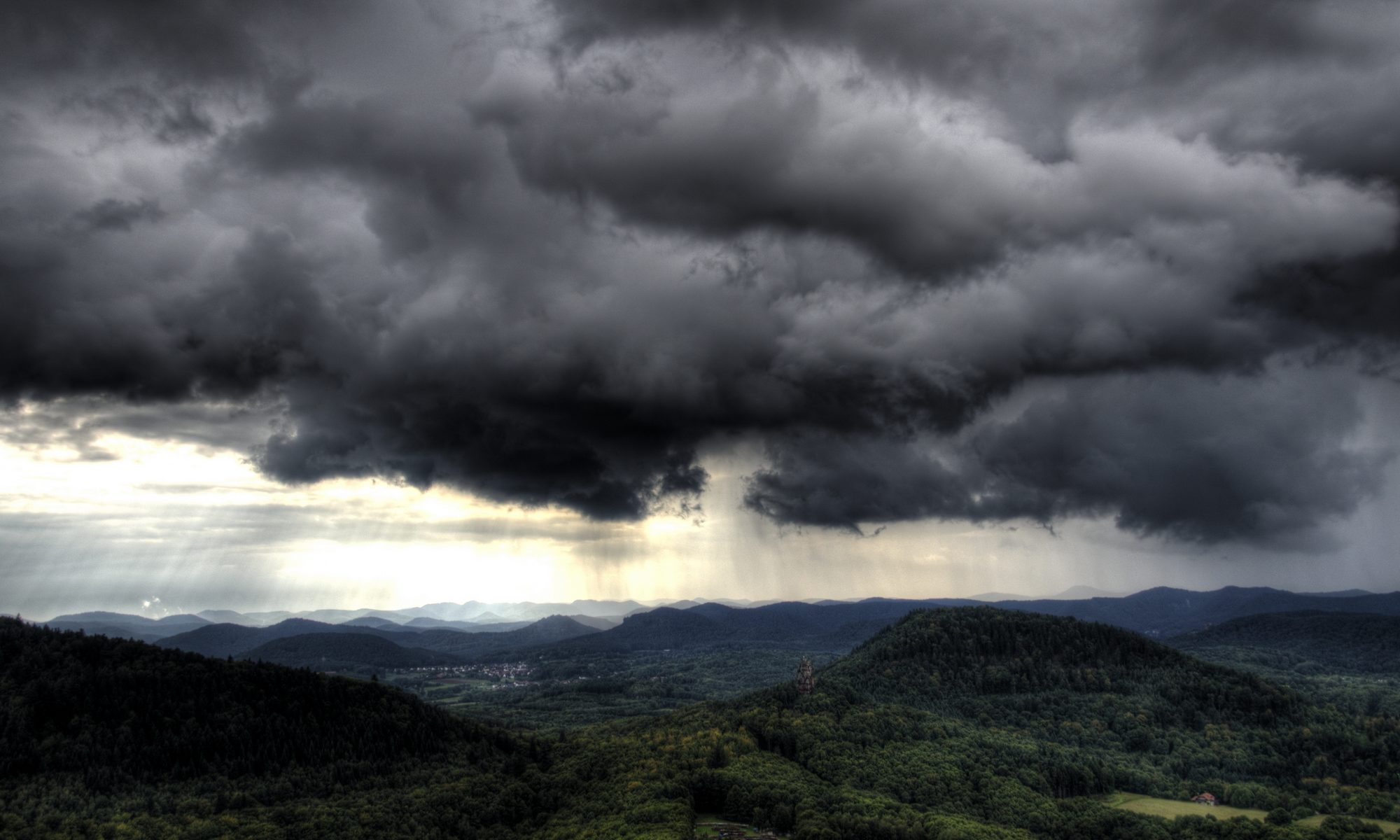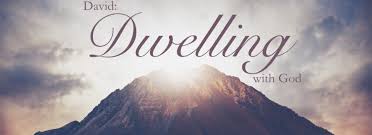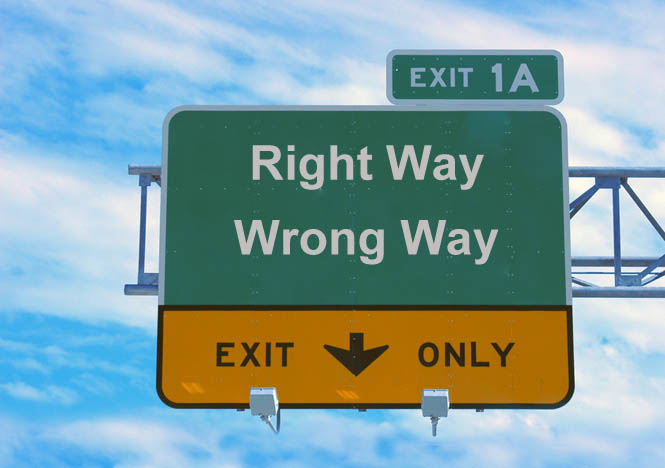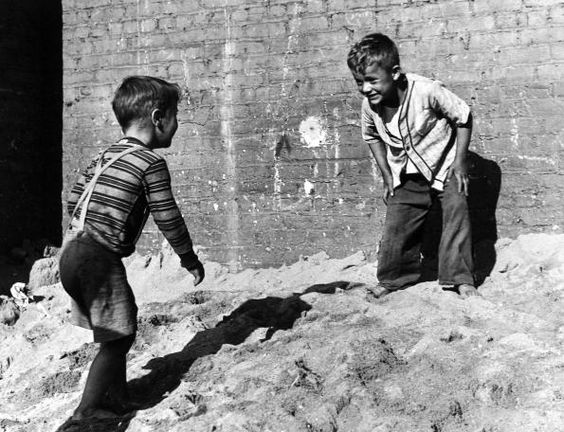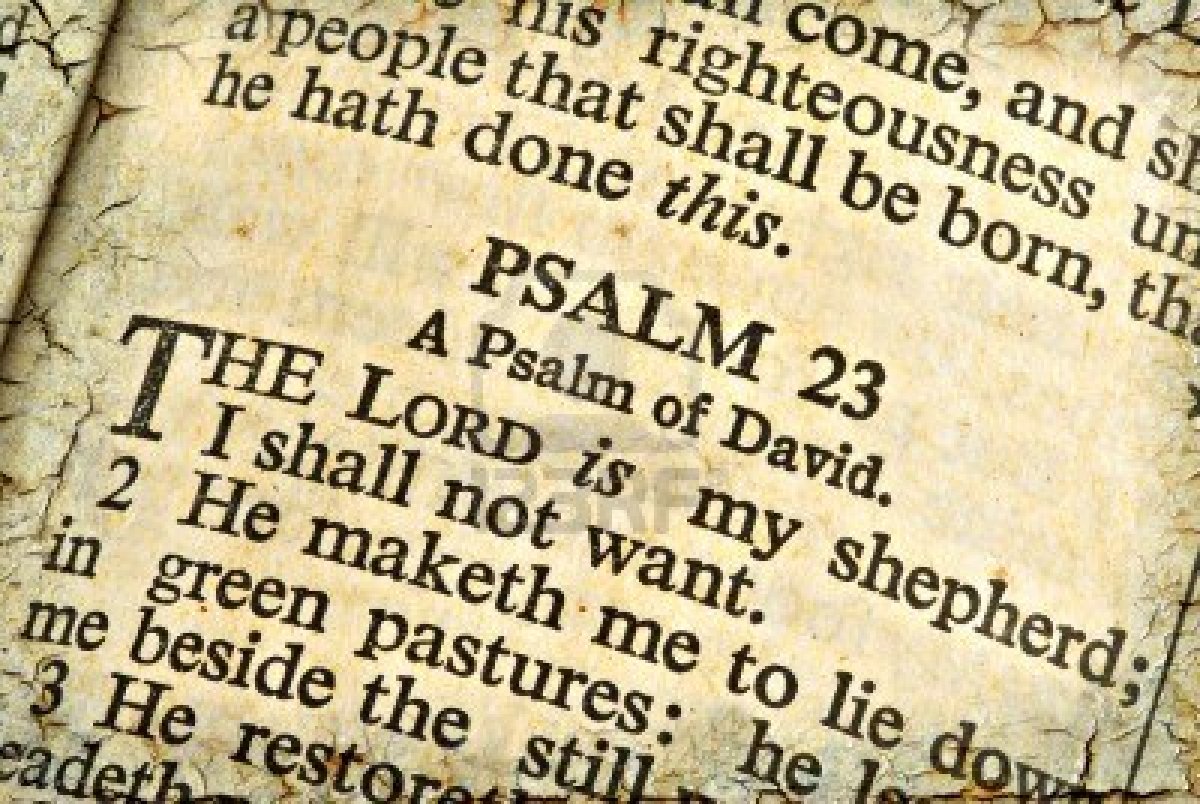Have you performed any penance lately? Think for a moment of the most humbling experience of your life. Without a doubt mine was my first confession in the Catholic Church. For those who don’t know my story I converted to Catholicism as a teenager, before finding my call to ministry in the Church of the Nazarene as an adult. Before I could officially join the church I had to confess my sins to God in the presence of the priest who was receiving me into the church. As I knelt down to confess, my knees trembled. My heart began to race… “Father, forgive me for I have…”
For those who are not familiar with Catholic theology, Confession is recognized as a Sacrament reconciling the sinner to God. Not that confession isn’t made to God right from the heart of the penitent. It is. Forgiveness comes from God alone, even for the Catholic. However, the Church eventually developed the practice of private confession both as a means of grace and a help to the penitent. After all, St. James does admonish us to confess to one another.
“Therefore, confess your sins to one another and pray for one another, that you may be healed.” (James 5:16 ESV).
The practice of private confessions does have scriptural roots. In St. John’s gospel, chapter 20, the resurrected Jesus breathes upon his disciples in the Upper Room and tells them to receive the Holy Spirit. He then commissions them with power to offer His forgiveness, or to withhold it.
“If you forgive the sins of any, they are forgiven them; if you withhold forgiveness from any, it is withheld.” (John 20:23 ESV)
Much of sacramental confession was lost over the years of the Protestant Reformation. Many Reformers were skeptical of the power the ‘Church’ held and was seemingly wielding over people. Certainly abuses had crept in over the centuries. Today, praying certain Psalms can be a beautiful form of confession. I even know a Pastor in a Charismatic, Evangelical church in Houston who put in a confessional booth. He said the lines are quite long. It seems many see a need for a person to person unburdening of themselves.
Yesterday Psalm 31 reminded us of the shame we feel in the guilt of our sin. Today, Psalm 32 offers us a penitential spirit. Confession is definitely good for the soul, and good for the heart and mind as well. We must confess our sins to God to obtain God’s forgiveness through Jesus Christ. However, being penitent is about more than just about obtaining forgiveness, it’s about saying – “I’m sorry”.
Sorrow is the main condition for any repentance. Without it our confession is hollow. Psalm 32 shows us the heart of the penitent, and the anguish of our souls when we carry the burden of our guilt without confessing…
“3 When I declared not my sin, my body wasted away through my groaning all day long.
4 For day and night thy hand was heavy upon me; my strength was dried up as by the heat of summer. [Selah]” (Psalm 32:3,4)
After finishing with my list of sins, the priest gave me a penance to carry out, not to obtain forgiveness; God’s grace is free. Rather, the penance was for me to show God my sorrow. I can’t put into words how hard it was for me to open up and speak of my sins to another human being. It was ultimately humiliating. But when I was through, I walked out of that confessional on a cloud. My burden had been lifted and my friend, and pastor had spoken God’s assurance of forgiveness over me.
I wish I could say that to you that I was so humiliated in confessing that I never sinned again – but I can’t. But the experience was healing as St. James said. I still think about the words of counsel I received in that confession, words meant to help me resist temptation.
What about you? Done any penance lately? Have you told the Lord how sorry you are for your sins? Even though most Protestant churches don’t have a ritual of confession, they all have Pastors. Your pastor can be your confessor. In years of pastoral ministry many people have sat in my office to confess and unburden their souls. I’d like to believe they too left on a cloud knowing another human being cared enough to listen and speak God’s assurance of forgiveness to them.
Shalom,
Pastor Brad
image credit: http://houseofthetransfiguration.com/thoughts-on-confession/




